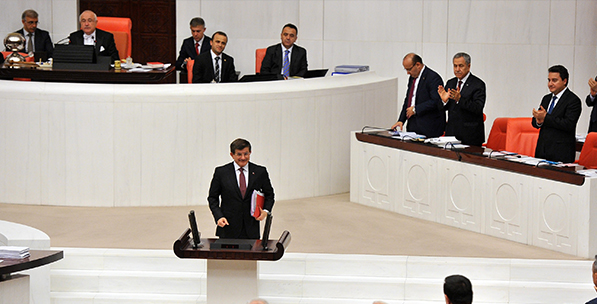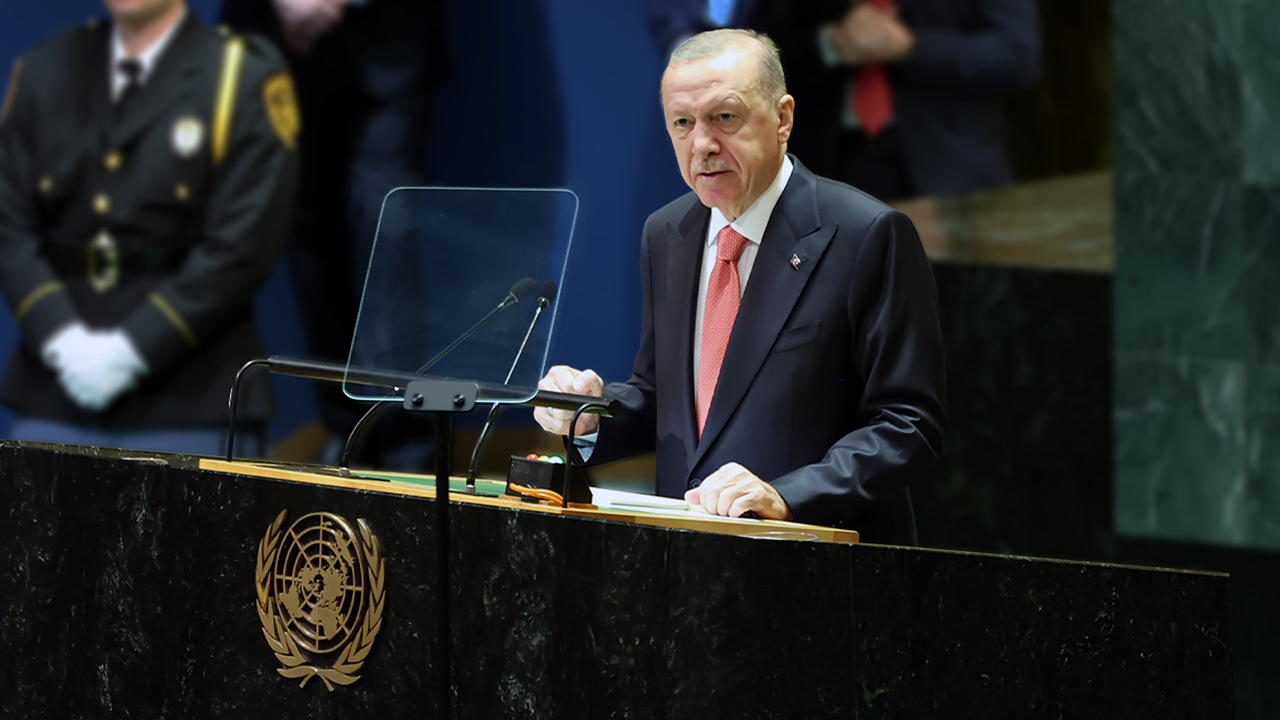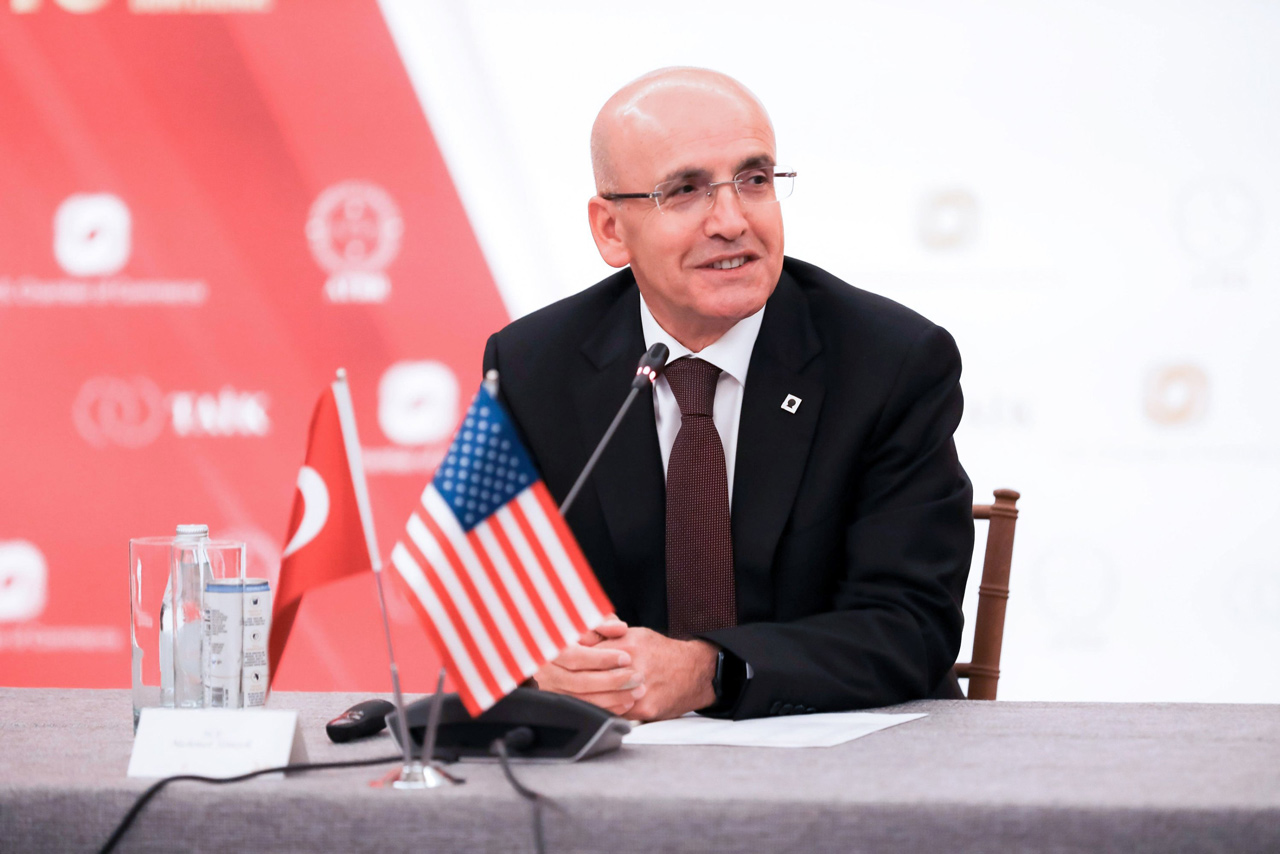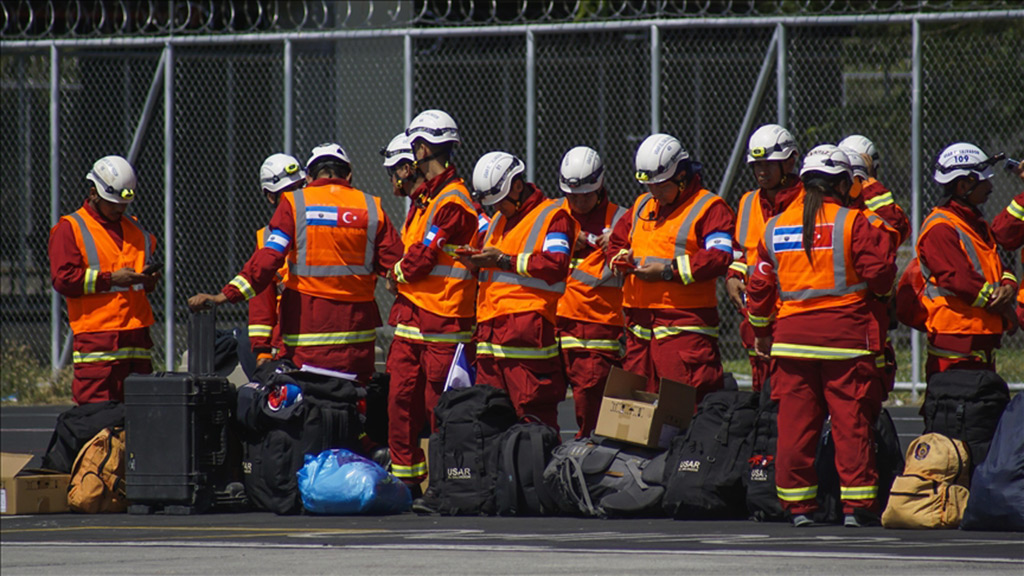Official presentations on Turkey's 2015 Budget are currently underway in the Grand National Assembly. During the history of Turkish politics, parliamentary deliberations on the budget are generally used as platforms by opposition parties to arouse popular anti-government sentiments. This year, the initial parliamentary sessions confirmed that there will be no radical change on that front. For two weeks, television screens will display exaggerated and emotional attacks by opposition members of Parliament against the government, often with no concrete references to the economy or the budget itself. As the convention goes, the incumbent AK Party government will vigorously defend the budget, which will eventually be approved by the parliamentary majority, leaving aside yet another chance for a detailed and technical discussion on the budget items. But that is the harsh reality of Turkish politics.
As far as technical analysis is concerned, the critical importance of the 2015 Budget stems from the fact that it has been prepared during a period of slowdown in the global economy. At the same time, Turkey's economic growth rate is hovering between 3.3 and 4 percent, which is hardly satisfactory for a country with an urgent development agenda trying to transcend the "middle-income trap." On top of that, we are entering into a critical election year during which the political landscape of the country for the next four years will be largely determined. So there was ample scepticism and rumor that the AK Party government will finally succumb to the trap of populism while preparing this budget, in order to maximize its political support following a decade of prudence and fiscal discipline.
Having seen the initial figures, we can comfortably confirm that those rumours and scepticism, pumped by international credit rating agencies as well as certain domestic media outlets, were clearly misplaced. First of all, the notion of "human-centered development," which left its mark on the recently announced "structural transformation action plan" of the 10th Five Year Development Plan, continues to be visible in the budget as well. The AK Party governments' hallmark in the form of intensive investment into the national primary, secondary and higher education and health systems are maintained in the new budget with around 60,000 positions for civil servants devoted for new teachers. Enormous physical investments into new schools, universities and hospitals will continue unabated thanks to TL 41 billion worth of investment budget, which roughly constitutes 10 percent of the total budget.
Furthermore, the Ministry of Development, which predominantly deals with socio-economic development projects across Anatolia, constitutes one of the institutions that received one of the greatest increases in the allocated public resources. The major increase in the budget of this critical ministry also suggests that infrastructure investments and subsidies offered to projects in the Eastern and Southeastern part of Turkey will get a major raise to provide economic support for the reconciliation process. Another reflection of the "human-centered development" approach, which was reflected in the budget concerns, increased financial support for research and development activities especially for medium and high technology sectors. Obviously, the provision of financial incentives is not sufficient in itself to create a suitable ecosystem required for the transition into a knowledge economy, but it is certainly a good start.
Perhaps the best indication of fiscal prudence in the new budget concerns the fact that the budget deficit is projected to decrease to 1.1 percent of the GDP, which represents a brilliant fiscal performance by any measure during a period of global slowdown. Given the added,and presumably medium-term, impact of low oil prices in global markets to the decline of Turkey's current account deficit, we could assume that public finance will not constitute a barrier to Turkey's growth momentum next year. But of course, the








